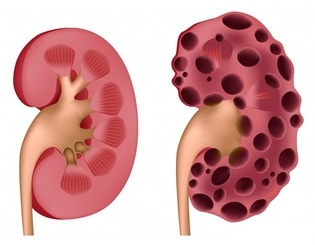New!
The Kidney-Friendly Ultimate Grocery List with brand names you know & love.
Get your free copy!
The Kidney-Friendly Ultimate Grocery List with brand names you know and love is helpful when food shopping.
We've included a couple of kidney-friendly recipes that are easy to make and tasty and most importantly kidney-friendly!





